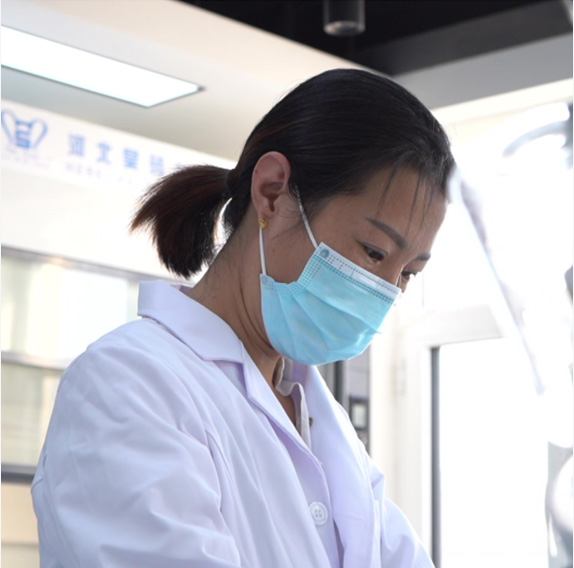To create far more benefit for customers is our company philosophy; customer growing is our working chase for Wholesale HPMC Powder,{关键词},{关键词},{关键词},{关键词}.Together with the everlasting target of "continuous top quality improvement, customer satisfaction", we have been sure that our products high quality is stable and trustworthy and our solutions are best-selling at your home and overseas.The product will supply to all over the world, such as Pakistan ,Philippines ,Rwanda ,India ,Indonesia .We will continue to do our best effort to service and satisfy you! Sincerely welcome you to join us!.We're ready to build stable and friendly relations with our merchants.Our products have been exported to Africa, the Middle East, Southeast Asia and other regions.Dedicated to strict quality control and thoughtful customer service, we are always available to discuss your requirements and ensure full customer satisfaction.As an experienced manufacturer we also accept customized order and we could make it the same as your picture or sample specification.
Application
Quick Find
Faq
What is the main use of 1-Hydroxypropyl methylcellulose (HPMC)?
What is the dosage of Hydroxypropyl Methylcellulose (HPMC) in putty powder?
What is the main use of 1-Hydroxypropyl methylcellulose (HPMC)?
How to choose the appropriate hydroxypropyl methylcellulose (HPMC) for different applications?
News
14
Apr., 2025
HEC vs. HPMC: Key Differences, Applications, and How to Choose
Compare HEC and HPMC in terms of viscosity, solubility, cost, and applications. Learn which cellulose ether works best for paints, pharmaceuticals, and construction with this expert guide.
28
Mar., 2025
Haoshuo: Shaping the world with basic skills
Innovation, quality and responsibility are the core values of Haoshuo Chemical, which are deeply integrated into every detail of the brand.
28
Mar., 2025
Hebei Haoshuo Chemicals debuts at the 137th Canton Fair
The 137th China Import and Export Fair (Canton Fair) will be held in Guangzhou Pazhou International Exhibition Center from April 15 to 19, 2025. As an outstanding enterprise in the chemical industry, Hebei Haoshuo Chemical Co., Ltd. will bring its core products, hydroxypropyl methylcellulose (HPMC), hydroxyethyl methylcellulose (MHEC), hydroxyethyl
27
Mar., 2025
Is HPMC Used in Liquid Detergents and Hand Sanitizers? A Comprehensive Guide
Discover how HPMC enhances liquid detergents and hand sanitizers with thickening, stabilizing, and skin-friendly properties for effective cleaning and care.

Request a Quote
+ 86 181 3228 9294

Get in Touch
Interested in how our HPMC can enhance your personal care formulations? Contact us to request a free sample and experience the superior quality of our cellulose ether products.